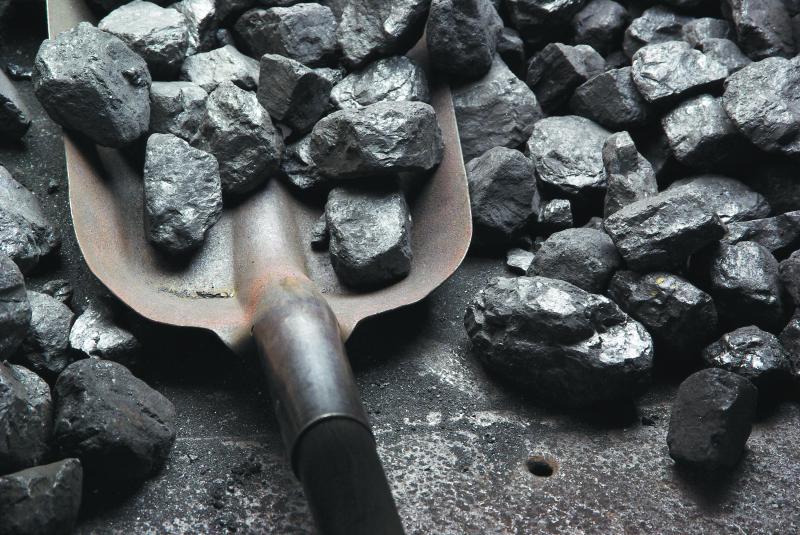×
The Standard e-Paper
Stay Informed, Even Offline

The European Union has urged the Kenyan government to increase its focus on generating power through renewable energy sources as the European Investment Bank (EIB) plans to stop financing fossil fuel projects.